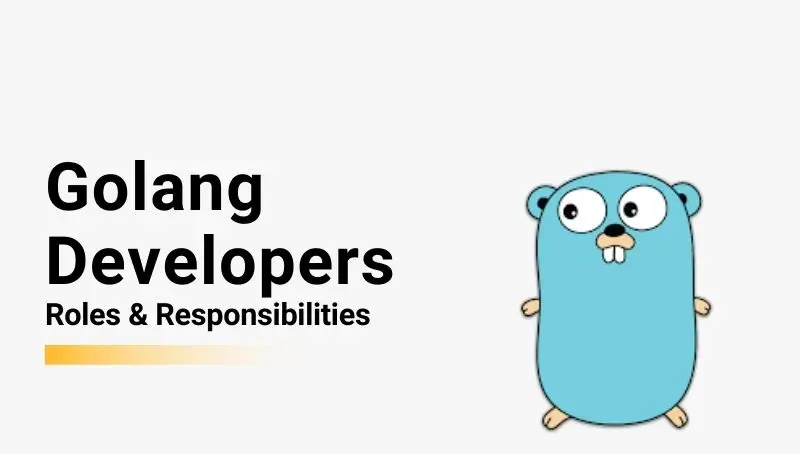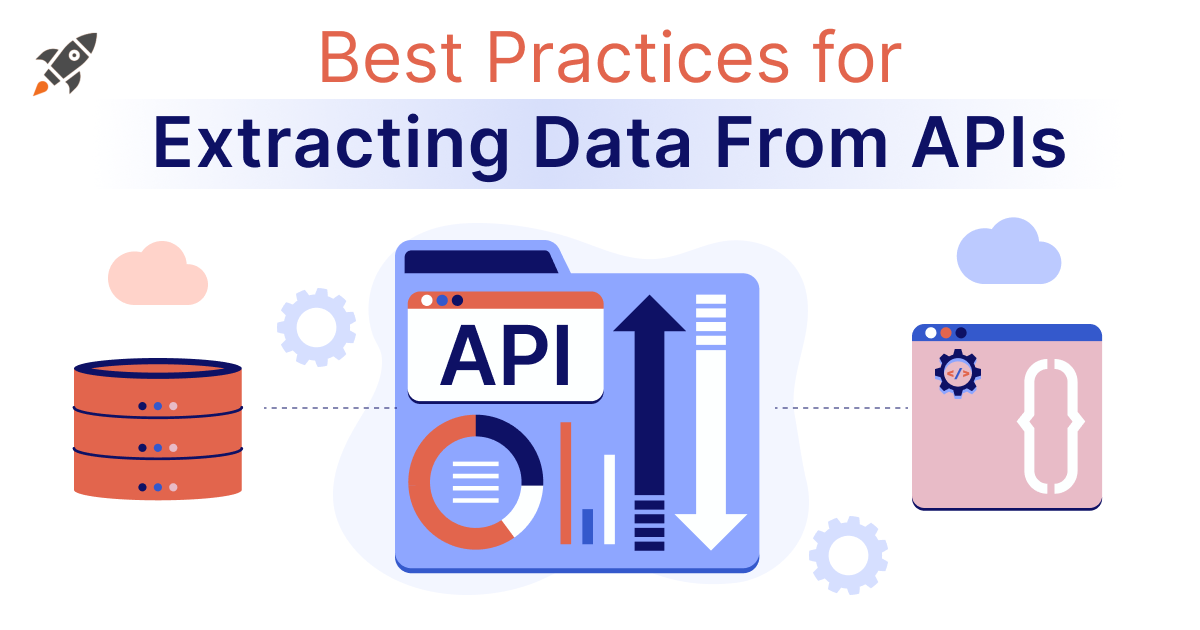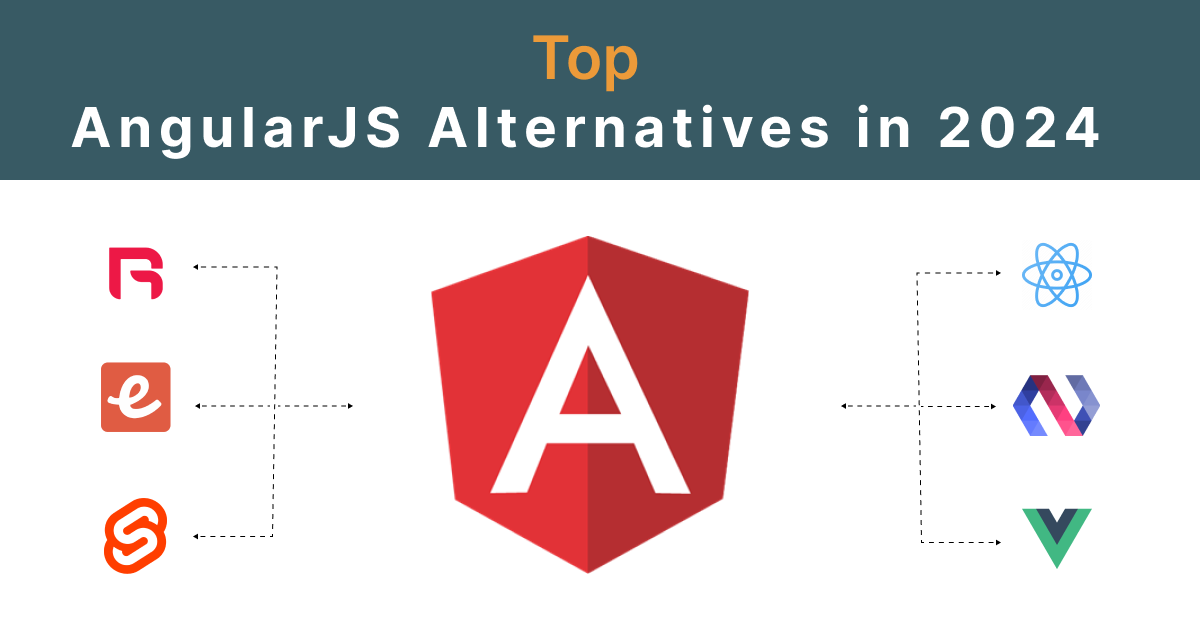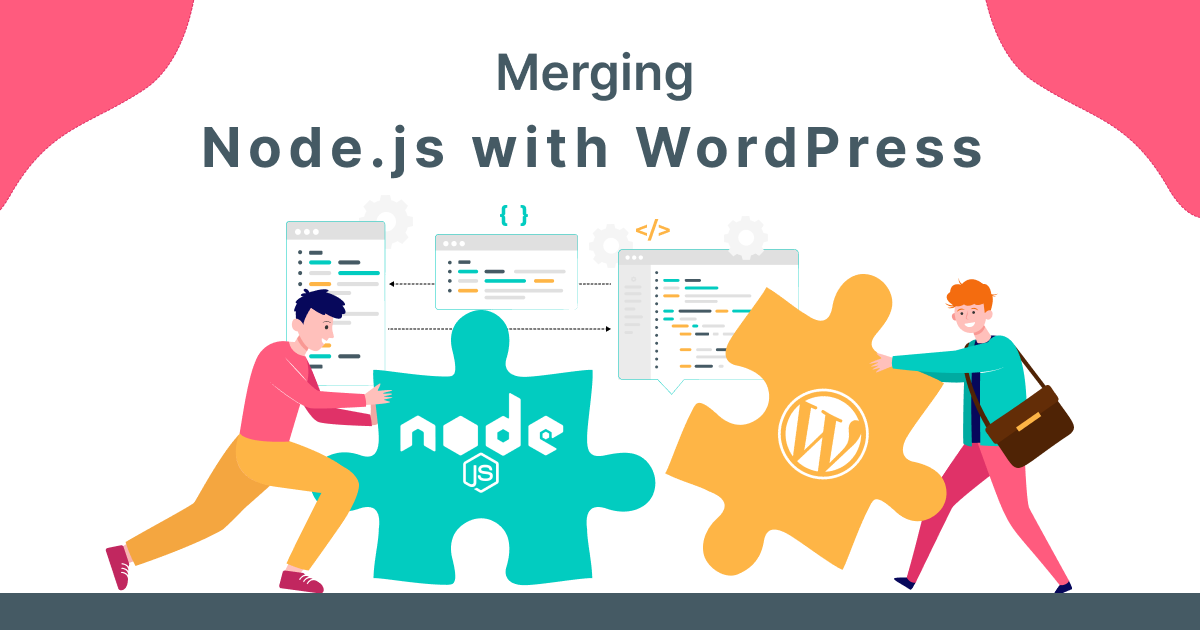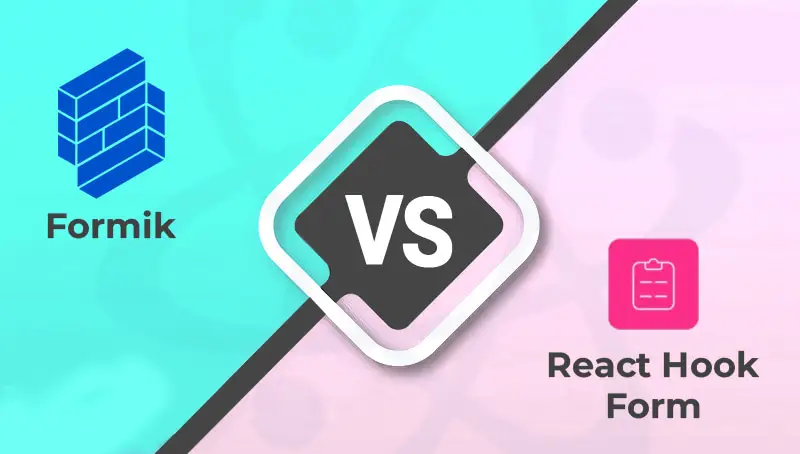In a sea of programming languages, Go is a lighthouse that is a beacon for simplicity, efficiency, and reliability. In this blog, we will explore the role of Golang developers and several use cases of the versatile language!
Golang was released as an open-source project in 2012 by Google. It develops software products, applications, web pages, and microservices. It has gained massive traction in the field of coding and is used by companies like American Express, Netflix, Paypal, Dropbox, Uber, and many more.
But why do these tech giants favor Golang and Go developers? The answer is speed and performance.
Grady Booch famously said “The task of a software development team is to engineer the illusion of simplicity.”
Google followed this to the T.
Why is Golang popular?
Let’s rewind to 2007 when Google was witnessing rapid growth in its database and infrastructure and having a hard time managing the complexities of the expansion. To scale operations with simplicity and quick performance, a new programming language was designed.
Golang is a statistically typed, computational programming language that is similar to Python’s readability and C++’s performance.
Golang programming is most suitable in business operations where servers must handle a high volume of requests due to high traffic.
Therefore, it justifies why many-high profile companies are using it for supporting strong backend systems, as it is a quick and convenient language to create, maintain and upgrade systems.
Who are Golang developers?
Simply put, Go developers are high-skilled individuals who can use the Go language to translate software requirements into high-performance products.
Go development can be summarised as teams using the language’s capabilities for creating software. A comprehensive outlook on their responsibilities can be condensed as creating, designing, coding, maintaining, and testing Go-based programs through existing tools and frameworks while debugging and troubleshooting problems arising in the code.
Due to its comprehensive technical documentation and active online community, it is comparatively simple to learn.
What sets Golang apart from other programming languages?
- Quick compilation and execution speedIn comparison to Python, Go is a revolutionary debutant and was designed to be quick. Much quicker.
- Doesn’t need a VM: Go doesn’t require a virtual machine (VM) as the code gets compiled directly to a binary file. It does not compile code to an intermediate language, it executes compiled native code instead.
- Concurrency and memory footprint: Concurrency refers to the capability of executing different sections or components of a program, algorithm, or problem in a non-sequential or partially ordered manner, without impacting the outcome. It enables the simultaneous execution of multiple tasks. On the other hand, the efficiency aspect can be attributed to its memory footprint.
- Garbage collection: The Go runtime automatically handles the management of memory utilized by your program. This means that you don’t have to worry about explicitly allocating and freeing memory, which can help to prevent memory leaks and other memory-related errors.
- Memory Safety: It is also designed to be memory-safe, which means that it prevents your program from accessing memory that it shouldn’t be accessing. Hence, it is a good choice for applications that need to be reliable and secure.
- Goroutines: Golang is a statically typed programming language, implying that variable and expression types are determined and known during the compilation phase. However, Golang’s syntax for concurrency is similar to that of dynamically typed languages, such as Python and JavaScript.
This is because Golang uses goroutines, which are lightweight threads that can be created and scheduled without the need for explicit synchronization.
Without a doubt, Golang is a very concise and expressive language for concurrency.
Competencies for Golang Development
Golang development requires a dedicated skillset to perform all tasks with utmost ease and efficiency.
Qualified Golang developers must possess the following skills to deliver their responsibilities:
- Robust knowledge of Golang constructs, functions, variables, syntaxes, and code structures
- Complete knowledge of Goroutines and channels patterns to understand the bare bones of concurrency
- Extensive working experience with Go frameworks and tools such as testing frameworks, deployment tools for various platforms, and design patterns for scaling and maintaining applications
- Ability to write clean and efficient codes to preserve memory and accelerate performance
- Collaboration is a key skill to work with other developers and stakeholders
Industry Applications of Golang
Since its release in 2009, the Golang programming language has absorbed an incremental increase in popularity and adopted by several big names in the industry. It has enmassed many open-source software projects and is supported by an active developer community.
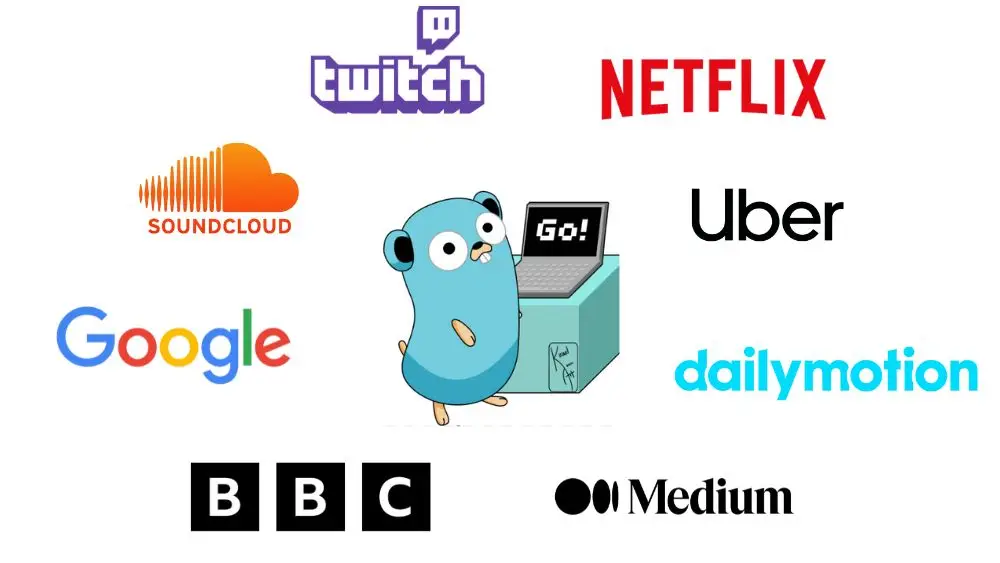
Here are some examples of how Golang is leaving a mark on modern computer programming:
CLOUD COMPUTING
Go is widely supported as a major language by leading cloud platforms such as Amazon Web Services (AWS), Microsoft Azure, and Google Cloud Platform (GCP). This makes it an excellent choice for cloud programming, as these platforms provide extensive support for Go. Go is also quoted as the ‘Language of Cloud’ due to its extraordinary concurrency feature.
STREAMING
Netflix and Twitch are using Golang for an abundance of tasks. They utilize its speed, efficiency, and scalability to build streaming infrastructure, develop websites and mobile apps, and run internal tools like monitoring and logging to ensure streaming services run smoothly.
The BBC utilizes Go as the programming language for its various streaming services. Go is employed to construct the backend infrastructure for BBC iPlayer, BBC News, and BBC Sounds. It also encompasses the servers responsible for streaming video, delivering news articles, and streaming audio to users.
GEOFENCING
Go powers Uber’s geofence lookups, enabling the determination of user location within specified areas, and real-time location tracking, facilitating accurate tracking of drivers and riders.
Additionally, Golang programming is used to develop the backend infrastructure for Uber’s fraud detection system, ensuring a secure and safe platform by identifying and preventing fraudulent activities. With Go, Uber can efficiently handle millions of requests per second and maintain the integrity of its services.
Conclusion
Golang is a powerful and versatile programming language that is becoming increasingly popular in the tech industry. It is well-suited for a wide variety of applications, including cloud computing, streaming, and microservices.
Golang developers are in high demand, and the skills required to become a Golang developer are relatively easy to learn. If you are looking to hire Golang developers at an affordable cost, then Digitalogy is just a click away!
Altogether, it has emerged as a powerful programming language that offers simplicity, efficiency, and reliability. Thus, making it a preferred choice for various industry giants. Companies like Netflix, Uber, BBC, and many others have embraced Golang for its speed, performance, and scalability.
Go developers play a crucial role in translating software requirements into high-performance products. They leverage the language’s capabilities to create robust backend systems, streaming services, geofence lookups, real-time location tracking, and fraud detection systems.
Lastly, it is an invaluable tool for developers in the modern software development landscape.
FAQs
Go developers utilize the Go language to create high-performance software solutions. They collaborate with stakeholders, adhere to development standards, and construct scalable and efficient code. Their responsibilities include converting requirements into stable software and making architectural choices for distributed systems.
Golang developers majorly work on software development projects to create a variety of applications using programming languages like Container services, Network and Cloud services, Web services, Command-line utilities, Microservices, and Go libraries in machine learning to create predictive models in Data Science.
Companies hire Golang developers for their clear syntax and faster coding, simplicity for collaboration, and ability to handle concurrent processes efficiently. Go’s simplicity and efficiency have made it a sought-after language, leading to increased adoption by companies.
Prerequisites for becoming a Golang developer include a strong foundation in computer programming, learning and extensive practice of the Go code, building and expanding a portfolio by working on open-source projects to gain experience, staying up-to-date with new developments, and staying proactive in Golang communities.
Hiring developers, including Go developers, requires expertise and an understanding of project requirements. Platforms like Turing, Toptal, and Digitalogy offer convenient solutions for hiring qualified Golang developers in the USA and Canada.

